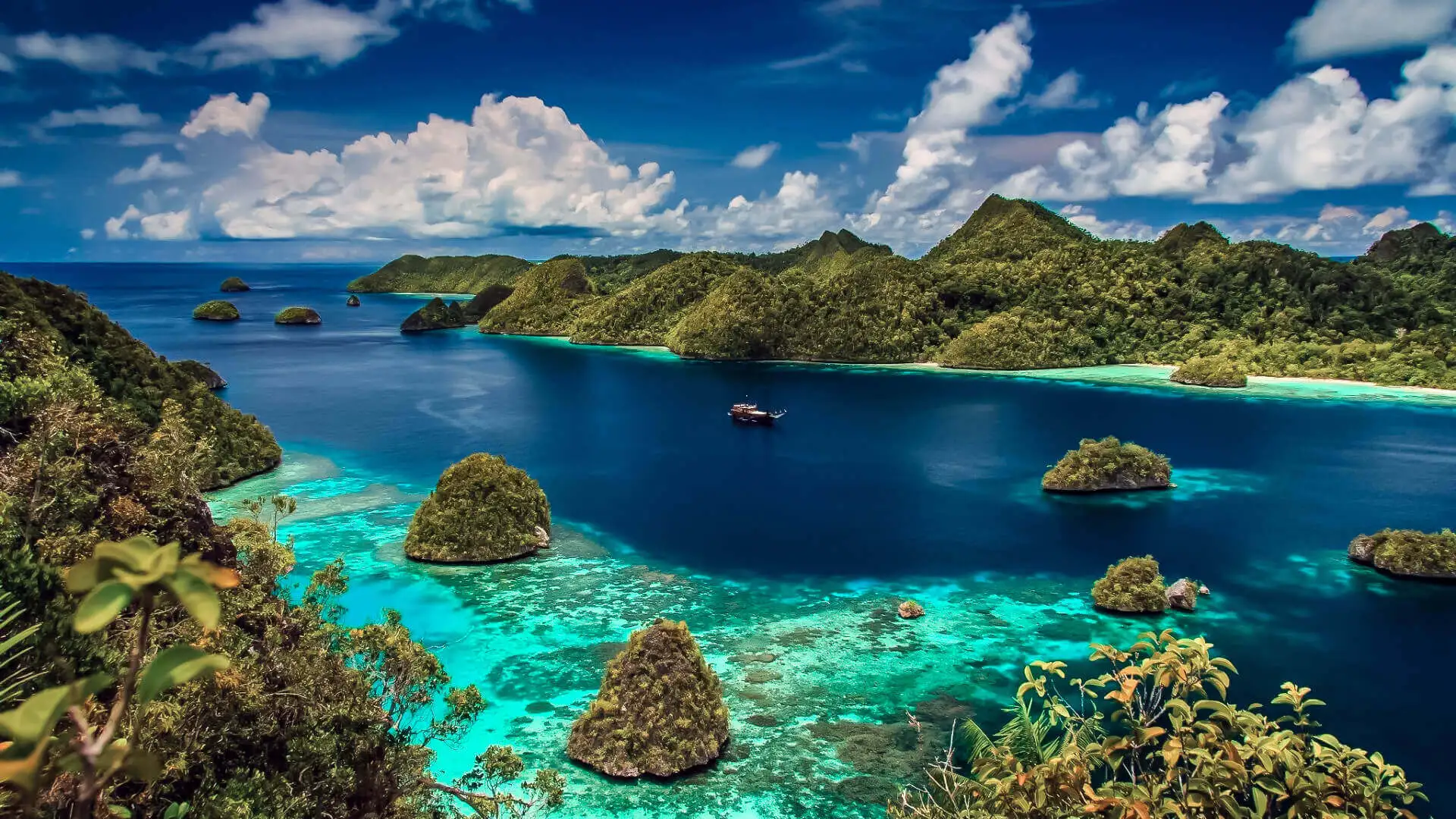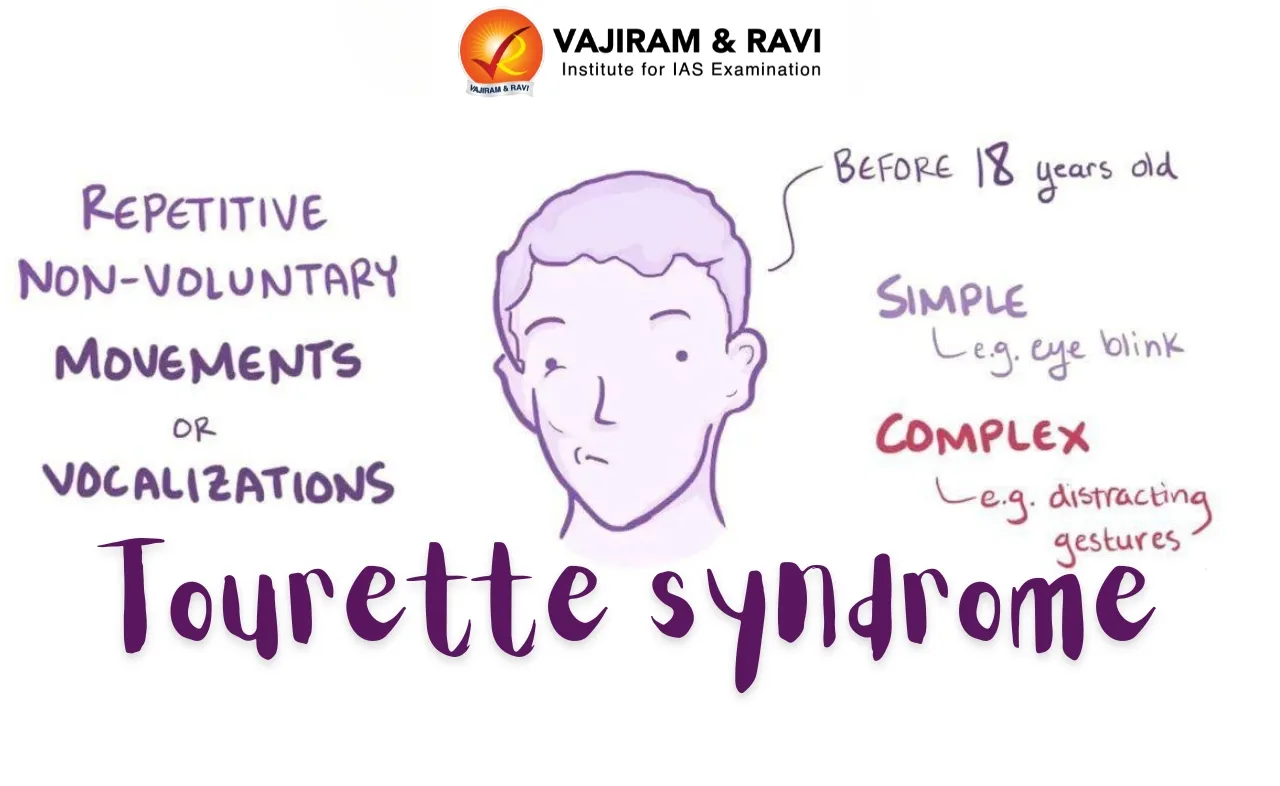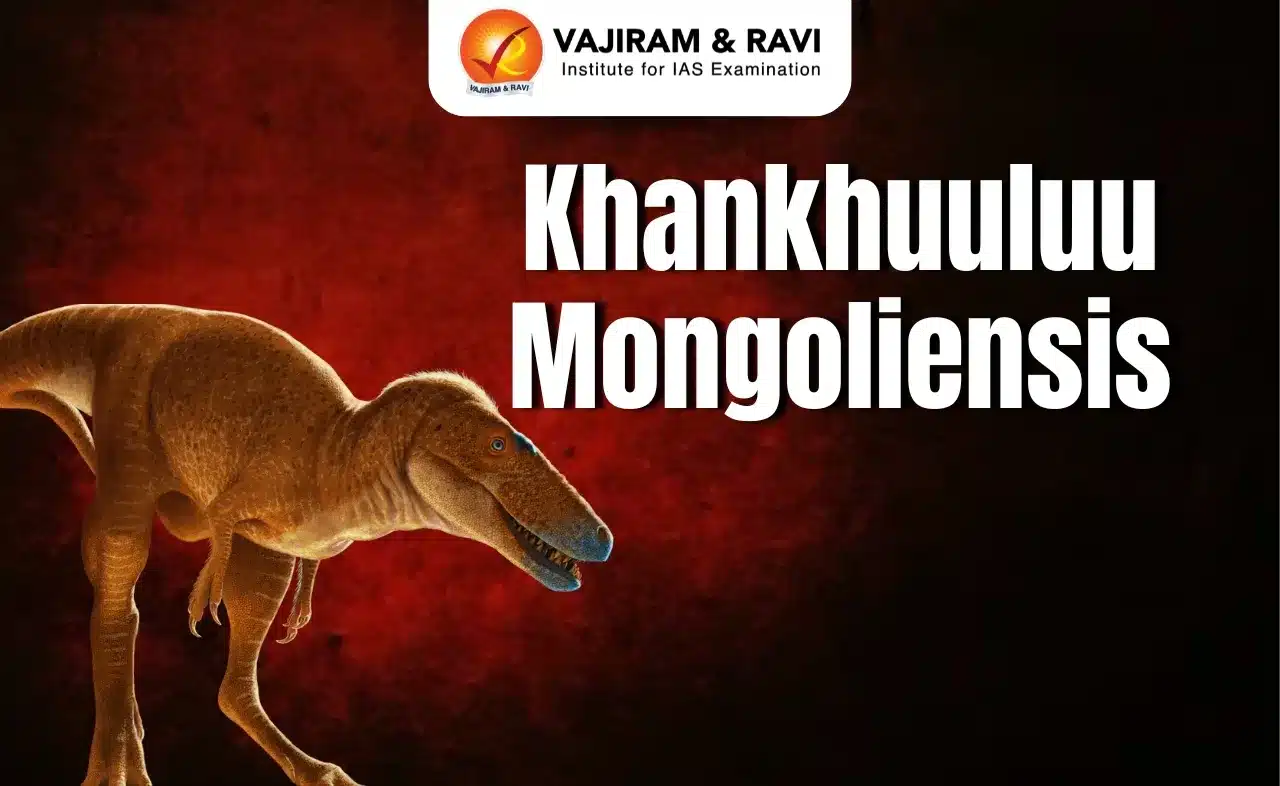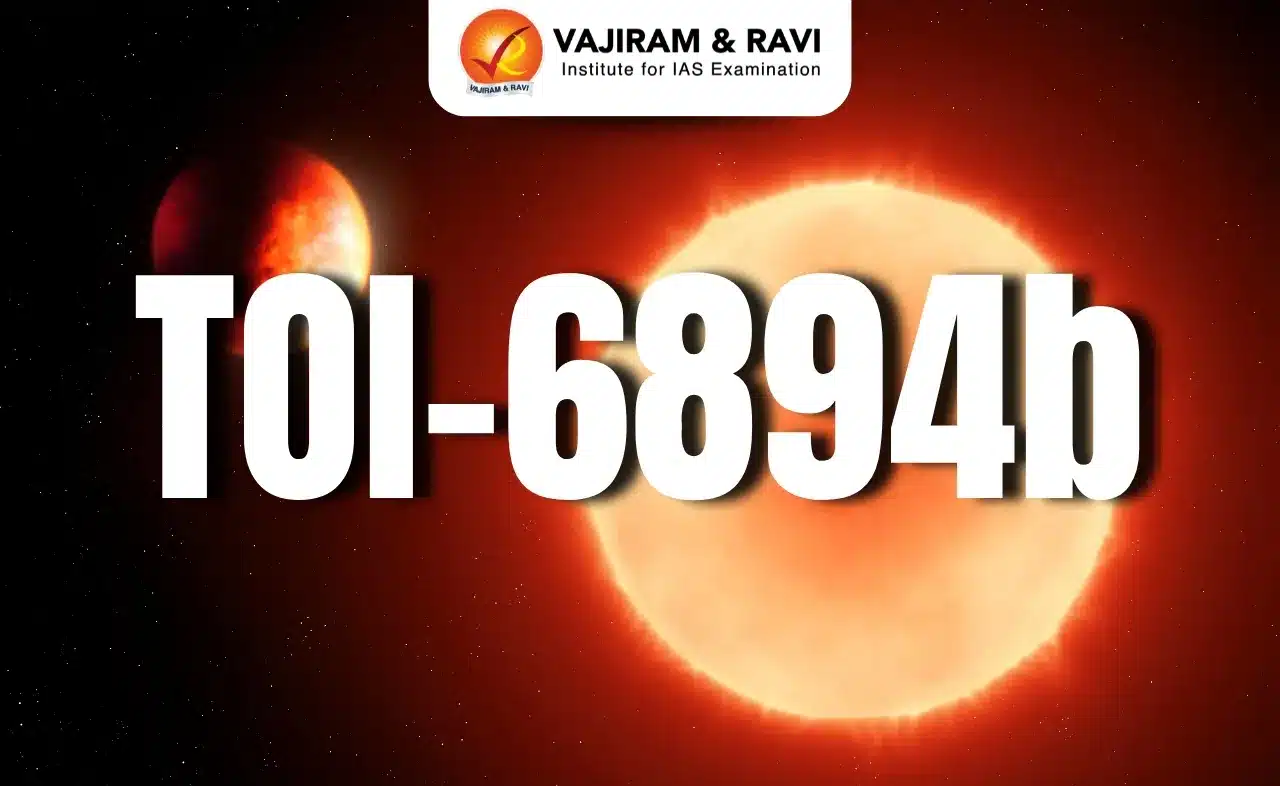About Papua New Guinea:
- It is an island country that lies in the south-western Pacific.
- It includes the eastern half of New Guinea (the world’s second largest island) and many small offshore islands.
- Neighbours: Indonesia to the west, Australia to the south, and the Solomon Islands to the south-east.
- Terrain: It is mainly mountainous but has low-lying plains in southern New Guinea.
- The islands that constitute Papua New Guinea were settled over a period of 40,000 years by a mixture of peoples who are generally referred to as Melanesians.
- Language: English is the main language of government and commerce. In most everyday contexts, the most widely spoken language is Tok Pisin.
- Government:
- The country is a constitutional monarchy and a member of the Commonwealth.
- The British monarch, represented by a governor-general, is head of state, and the Prime Minister is head of government.
- Papua New Guinea’s rainforests are rich in biodiversity, housing rare species such as birds of paradise, tree kangaroos, and the Queen Alexandra’s birdwing butterfly.
- These forests represent only one per cent of Earth’s land but play a vital role in absorbing carbon and supporting the lives and traditions of Papua New Guinea’s indigenous peoples.
- Capital: Port Moresby
Q1: What is Monarchy?
It is a political system in which supreme authority is vested in the monarch, an individual ruler who functions as head of state. It typically acts as a political-administrative organization and as a social group of nobility known as “court society.”
Last updated on June, 2025
→ UPSC Notification 2025 was released on 22nd January 2025.
→ UPSC Prelims Result 2025 is out now for the CSE held on 25 May 2025.
→ UPSC Prelims Question Paper 2025 and Unofficial Prelims Answer Key 2025 are available now.
→ UPSC Calendar 2026 is released on 15th May, 2025.
→ The UPSC Vacancy 2025 were released 1129, out of which 979 were for UPSC CSE and remaining 150 are for UPSC IFoS.
→ UPSC Mains 2025 will be conducted on 22nd August 2025.
→ UPSC Prelims 2026 will be conducted on 24th May, 2026 & UPSC Mains 2026 will be conducted on 21st August 2026.
→ The UPSC Selection Process is of 3 stages-Prelims, Mains and Interview.
→ UPSC Result 2024 is released with latest UPSC Marksheet 2024. Check Now!
→ UPSC Toppers List 2024 is released now. Shakti Dubey is UPSC AIR 1 2024 Topper.
→ Also check Best IAS Coaching in Delhi






















